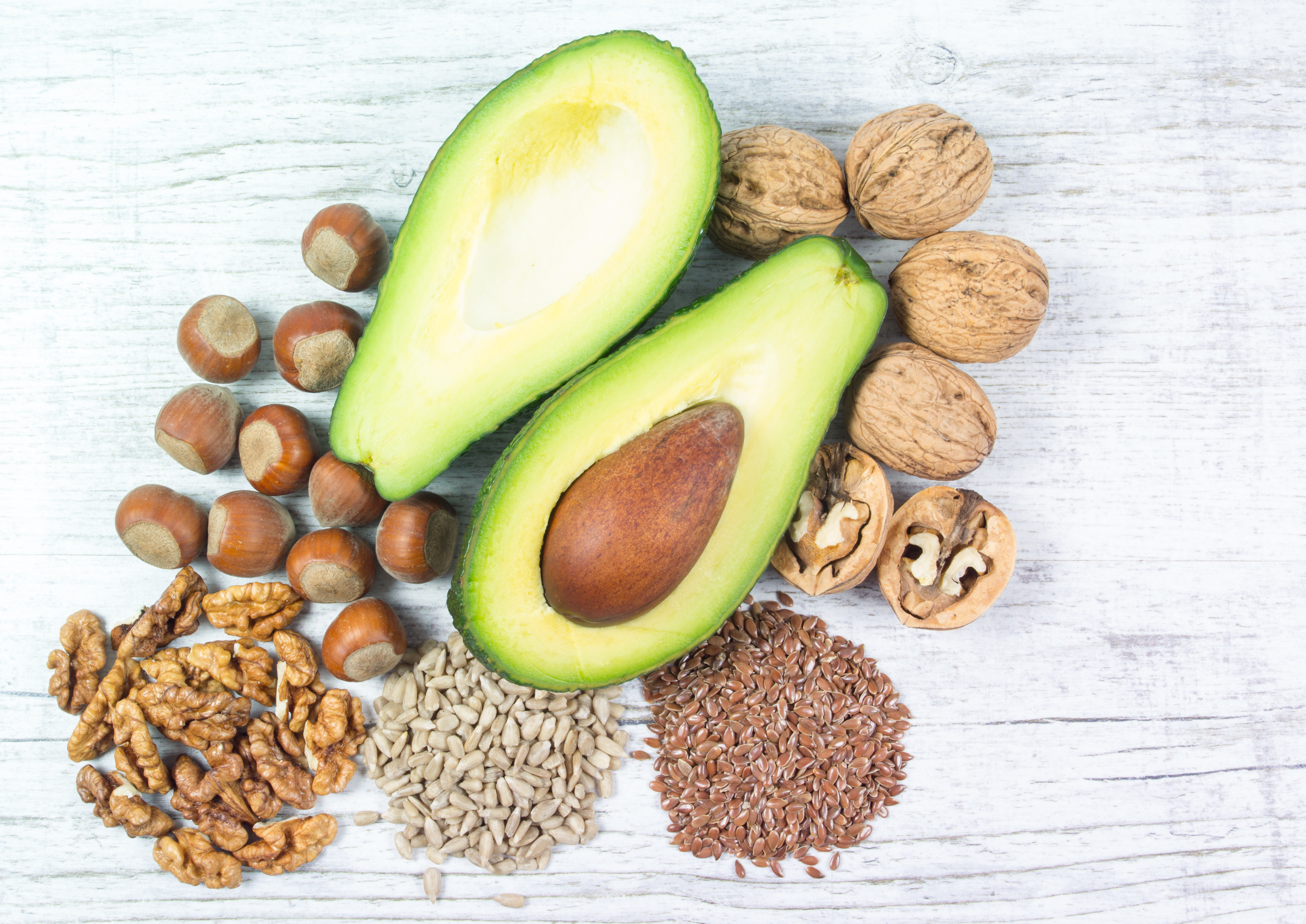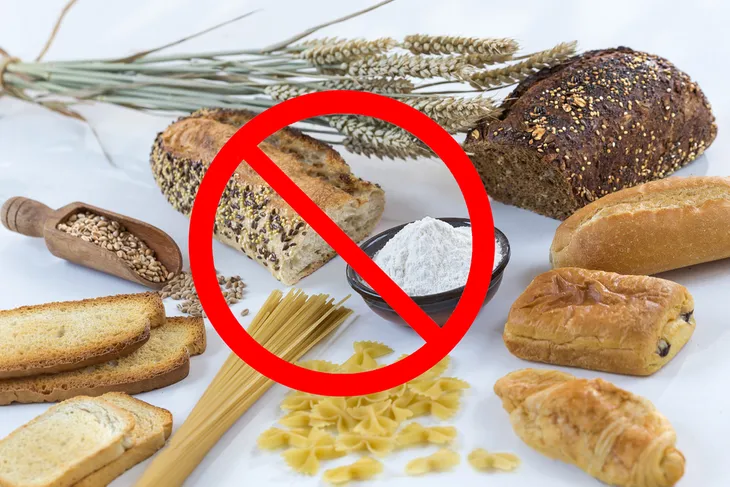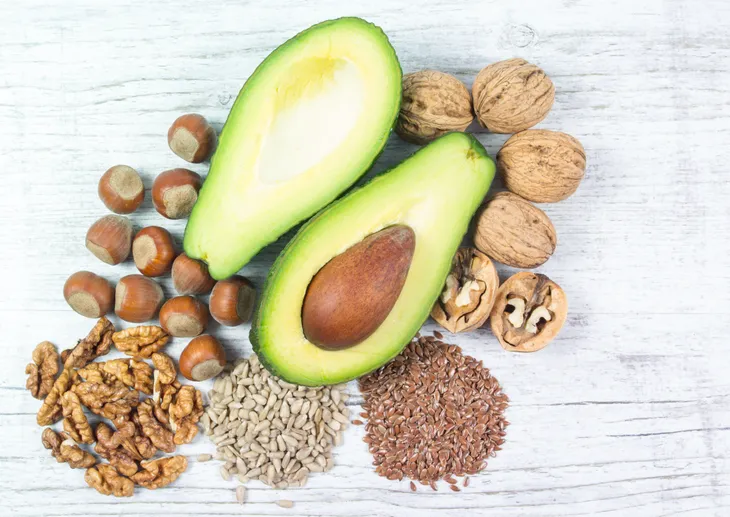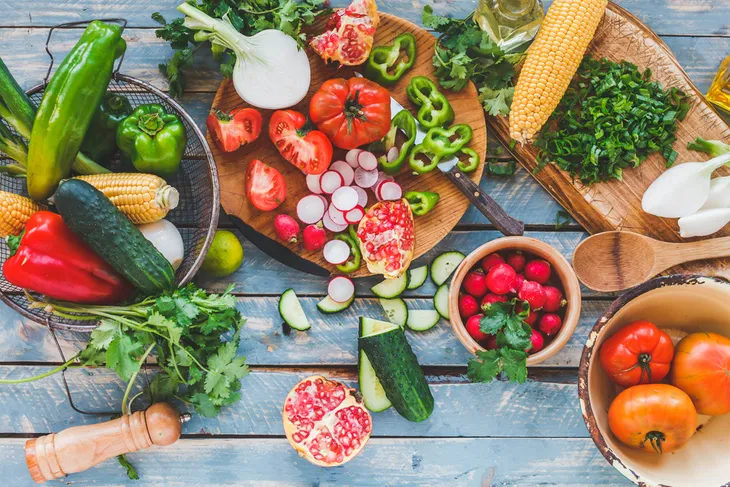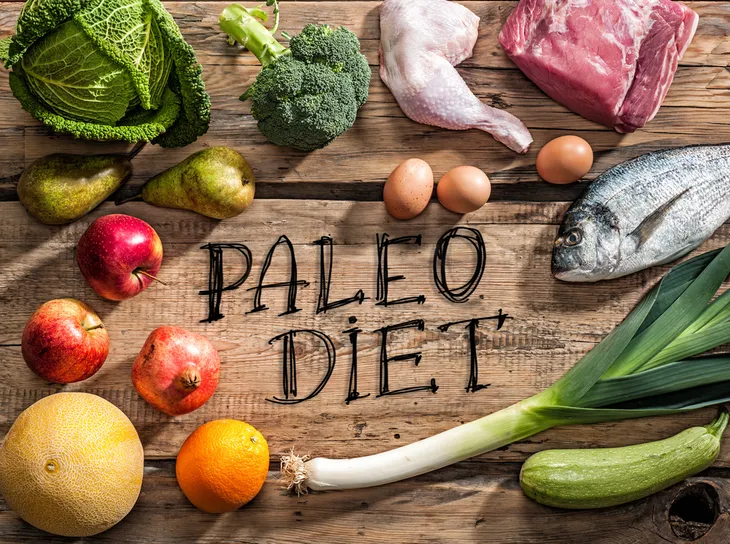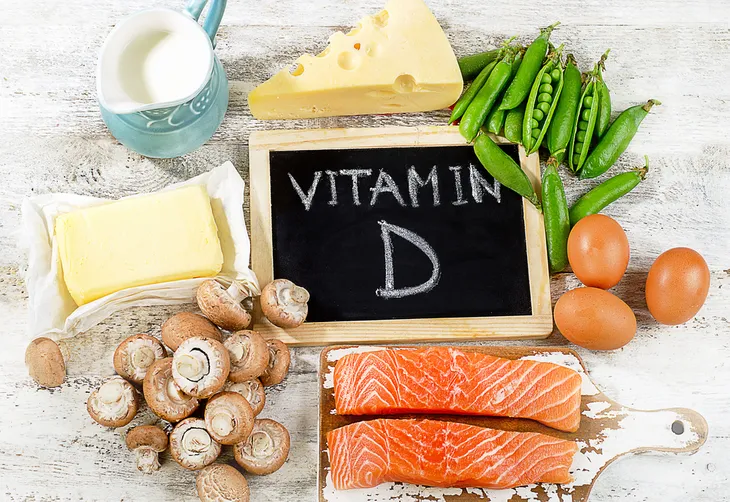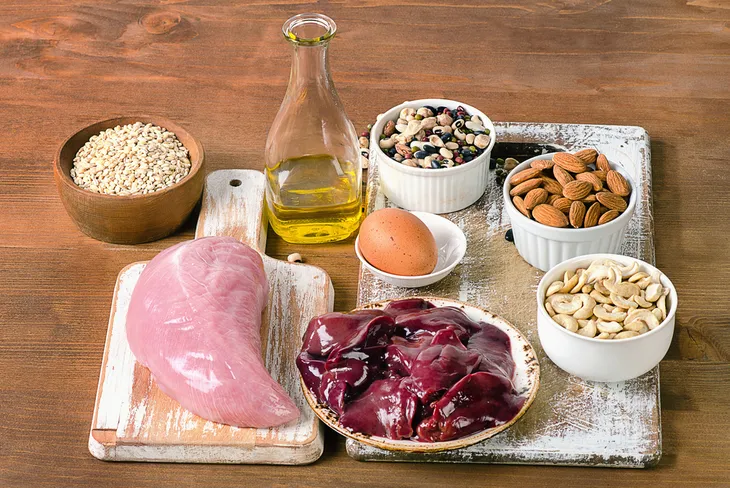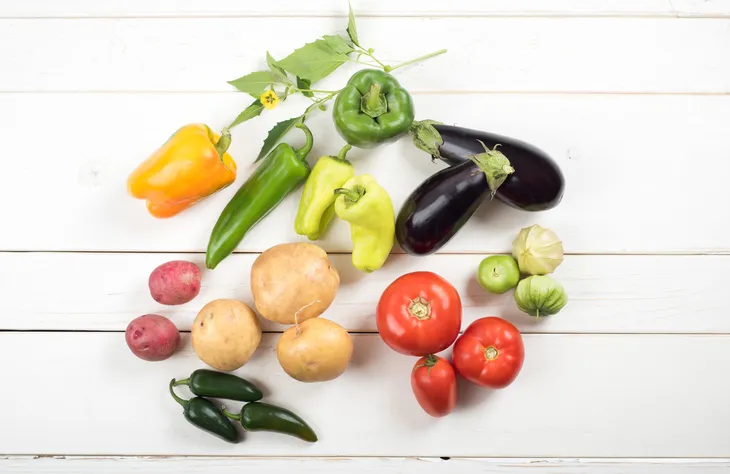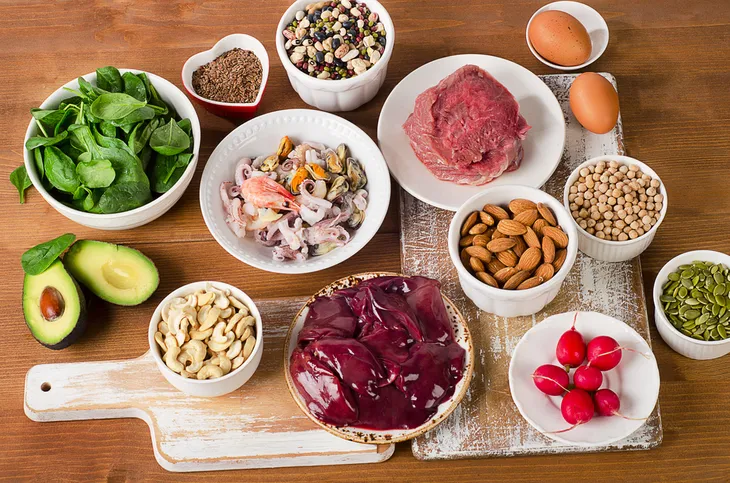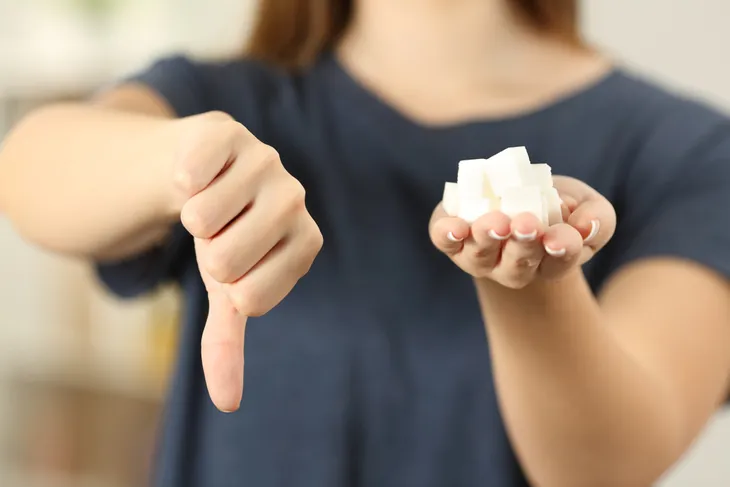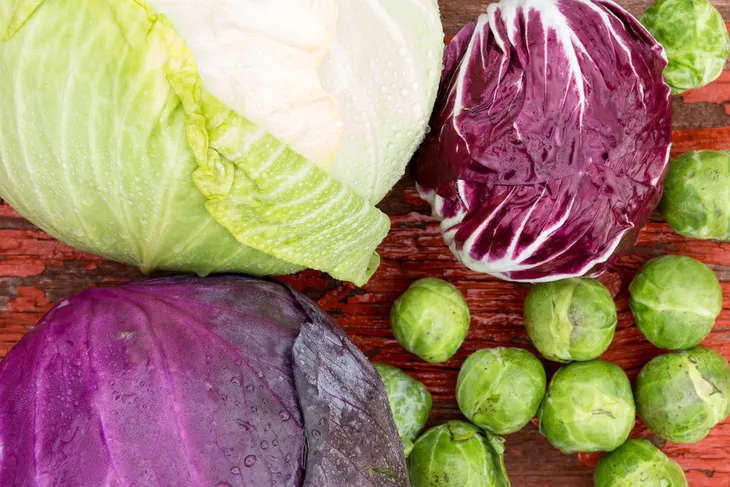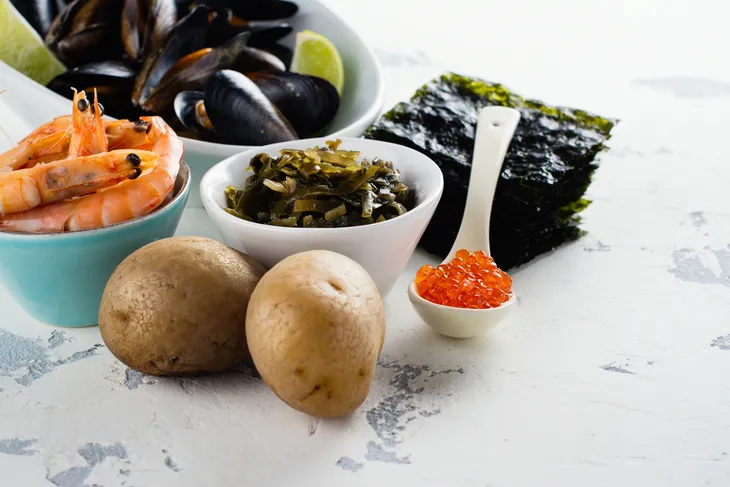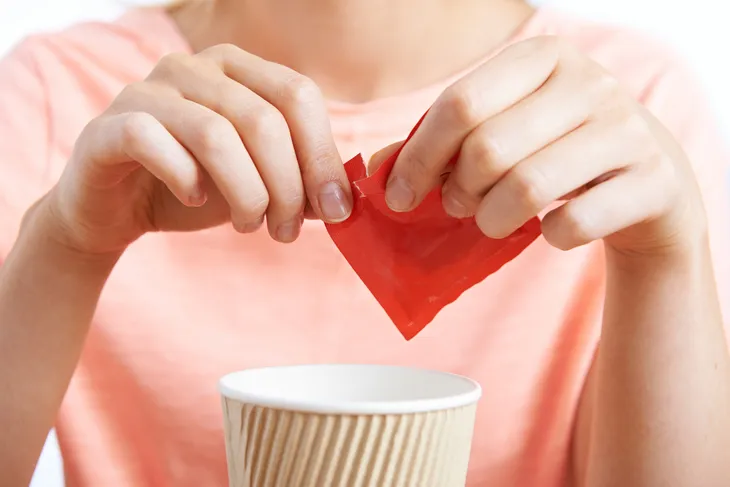Your diet and your health are an intertwined entity, especially if you have Hashimoto’s disease. Hashimoto’s disease is an autoimmune disorder that affects the thyroid gland, a butterfly gland that lies across your neck. The disease causes hypothyroidism, or a low production of the thyroid hormone. This causes a cascade of effects on the body including low energy, weight gain, sensitivity to temperature changes, and so much more.
Many people with Hashimoto’s have found some relief with diet changes. Avoiding foods that can cause inflammation can help reduce symptoms and improve how you feel. There are multiple foods that can help your Hashimoto’s disease and multiple that can negatively affect it. Here we will talk about the best and worst foods for Hashimoto’s disease and how they affect your health.
Best: Gluten-Free
Gluten-free is a popular buzzword. It’s hard to go to a grocery store and not notice all the new food products that carry this claim. While some people avoid gluten to manage their weight, there are others who do so to improve their health conditions. Hashimoto’s disease is one of those health conditions that can be improved by avoiding gluten. “In a survey of over 2,000 people with Hashimoto’s conducted by Izabella Wentz, Pharm.D., FASCP, 88 percent felt better after following a gluten-free diet,” reported Eating Well.
To follow a gluten-free diet you’ll need to remove most bread, pasta, beer, and pastries. Gluten is thought to cause inflammation in the body, so removing it can help reduce inflammation and help you feel better. Removing all gluten can be an overwhelming task. Try to focus on eating whole foods and not replacing gluten based foods with other processed food. It’ll take time to adjust to your new diet, but we bet you’ll feel better once you do.
Best: Healthy Fats
The western diet has plenty of unhealthy fats, it’s time to phase out the bad fats with a few healthy ones. Many healthy fats contain omega-3 fatty acids which decrease inflammation. If you suffer from Hashimoto’s disease you know that it’s important to do just about anything that can help you decrease your body’s overactive inflammatory process.
Look to add foods filled with omega-3 fatty acids to your diet like salmon, walnuts, or flaxseed. It can be as simple as sprinkling flaxseed onto your cereal in the morning or grabbing a handful of walnuts as a snack when you walk out the door. However you make it happen, healthy fats can improve how you feel and manage your Hashimoto symptoms.
Best: Fruits and Vegetables
We can’t think of too many people that actually eat enough fruits and vegetables every day. If you have an autoimmune disease like Hashimoto’s then it’s extra important that you are getting the vital nutrients and minerals in your diet. You can always take supplements, but you’ll never be able to completely substitute the nutrients found in real food.
According to the CDC, adults should eat at least 1.5- to 2-cups of fruit per day and 2- to 3-cups of vegetables per day. That’s a lot of food to keep track of! We recommend planning ahead as much as you can to ensure you meet the recommended intake levels. Meal planning is a great way to focus your efforts on healthy eating, especially if you have a condition that really counts on you making significant adjustments to your diet.
Best: Paleo
The paleo diet recommends eating a diet similar to what our ancestors ate thousands of years ago. It includes whole, unprocessed foods and eliminates dairy, grains, gluten, added sugar, and legumes. The basis behind the paleo diet is that it avoids foods that trigger an autoimmune response and inflammation in our body.
Adopting a paleo diet can be daunting at first. You’ll notice the many foods you cannot eat, but there is so much you can eat. The diet focuses on clean meat, vegetables, fruits, healthy fats, seeds, and nuts (except peanuts). With a little work, the paleo diet can be a game changer for someone with Hashimoto’s disease.
Best: Vitamin D
Vitamin D is a fat-soluble vitamin that is found in many foods and can be absorbed into the skin through sunlight. There have been many studies that suggest a link between vitamin D deficiency and thyroid insufficiency. These studies haven’t been able to link low vitamin D to causing Hashimoto’s disease or if it is a result of the disease. Either way, vitamin D has anti-inflammatory properties and mediates the immune system making it a vital vitamin.
Before you start taking a vitamin D supplement it is important to talk to your doctor. They may do a quick blood test to check your levels and help you determine the amount of vitamin D supplement you need, if any. If you’d like to supplement naturally, vitamin D is found naturally in dairy, salmon, and dark leafy greens. However, you choose to get your levels up, your immune system will thank you.
Best: Selenium
Selenium is a micronutrient that is found in tuna, oysters, Brazil nuts, whole-wheat bread, most meats, and sunflower seeds. It is an essential part of the diet that can have real effects on the thyroid. A study by the Hellenic Journal of Nuclear Medicine reports that the nutrient has antioxidant and anti-inflammatory effects and can increase the amount of thyroid hormone your body produces. This makes it an important part of your diet if you have Hashimoto’s disease.
Before you start taking a selenium supplement or adding significant amounts of it to your diet get your levels checked. Over supplementation can cause serious problems like hair and nail loss, depression, and diarrhea. Hashimoto’s disease is a complex condition that can be affected by multiple factors. Your body will need you to take control of your health and advocate for the best care available.
Best: AIP Diet
There are all sorts of diets out there, paleo, Mediterranean, and now Autoimmune Protocol (AIP). The AIP diet is similar to the paleo diet, it cuts out all processed foods, dairy, legumes, sugar, and grains. On top of eliminating all those foods, you also take out nightshade vegetables, which include bell peppers, eggplant, and tomatoes. The thought is that nightshade vegetables also cause body inflammation, so eliminating them would reduce inflammation.
Cureus Journal of Medical Science reported a study in which participants followed the AIP lifestyle and had a significantly improved quality of life as a result. It was believed that the diet decreased overall inflammation providing physical relief from Hashimoto’s disease. The AIP diet can be really difficult to follow. It takes out a large chunk of what most people eat. If you plan on changing your diet to the AIP protocol make a plan to guide you.
Best: Zinc
Zinc is a trace element that is necessary for the production of thyroid hormones. Zinc and the thyroid are closely connected. According to the International Journal of Trichology zinc is “required for the synthesis of thyroid hormones, and deficiency of these can result in hypothyroidism. Conversely, thyroid hormones are essential for the absorption of zinc, and hence hypothyroidism can result in acquired zinc deficiency.”
Zinc deficiencies are very uncommon but can cause hypothyroidism resulting in side effects like hair loss. You can find zinc in foods like oysters, shellfish, beef, and chicken. You likely don’t need to up your intake of zinc dramatically unless you’ve been instructed to by your doctor. However, it is good to be mindful of your zinc consumption and make sure your thyroid is getting enough.
Worst: Sugar
Who doesn’t love sweet food? We all crave some sort of sugary foods at some point. Whether it’s dessert, candy, or pastries. But if you have Hashimoto’s disease you might want to think about cutting out added sugar to your diet. Sugar has long been thought to cause inflammation in the body. When we consume too much it puts our pancreas into overdrive, trying to keep up its secretion of the hormone that regulates glucose in the blood.
To help your body in every way, including your thyroid it’s time to cut the added sugar from your diet. It will be seriously hard at first. Your body will crave the sugar and tempt you. But within a few days, it will get easier. And in a few weeks, your cravings should subside. There are plenty of healthy sweet choices that you can have. Fruit is a great way to satisfy your sweet tooth with the added bonus of fiber and nutrients.
Worst: Goitrogens
Goitrogens are substances that interrupt the production of thyroid hormones by limiting the thyroid’s ability to take in iodine. Healthline reports that goitrogens are typically found in cruciferous vegetables like cauliflower, cabbage, and broccoli. Eating these vegetables in normal amounts won’t affect your thyroid, but if you have goiters, Healthline says that you should be particularly careful with goitrogens.
We aren’t trying to tell you that if you have Hashimoto’s disease then you should stop eating vegetables. Like almost every food, it’s all about moderation. If you are having trouble determining how much is too much it’s time to talk to a dietician. They are specially trained to help people with all sorts of conditions get the best nutrition from their food and find areas where you may be deficient.
Worst: Iodine
Iodine is a mineral found in certain foods that helps to make thyroid hormones. The National Institute for Health says “people with Hashimoto’s disease or other types of autoimmune thyroid disorders may be sensitive to harmful side effects from iodine.” So they advise avoiding foods with large amounts of iodine like kelp, dulse, and other seaweeds. They also suggest not taking iodine supplements as they can have the same hypothyroid effect.
Managing all the minerals in your body is confusing and tough. Talk to your doctor about the specific foods you should be avoiding or consuming. Pregnant women need more iodine than other people because that is how the baby will get their iodine says the National Institute for Health. Yet too much iodine can cause a goiter in the baby, reports the source.
Worst: Artificial Sweeteners
We already talked about avoiding sugar, but this doesn’t mean it should be replaced with artificial sweeteners either. Health Central stated, “research reported on at the 2015 International Thyroid Congress found that artificial sweetener use is linked to the development of Hashimoto’s disease, the autoimmune disease that frequently causes hypothyroidism.” Many people use artificial sweeteners to limit their calorie intake, but it can cause more harm than good.
If you’re looking to add some sweetness to your drinks or foods try natural sweeteners like stevia or even maple syrup. Adding maple syrup into baked foods is a great way to add sweetness without causing negative effects on your body. Stevia is good for both food and drinks and is easily found at health food stores or even your local grocery store.
